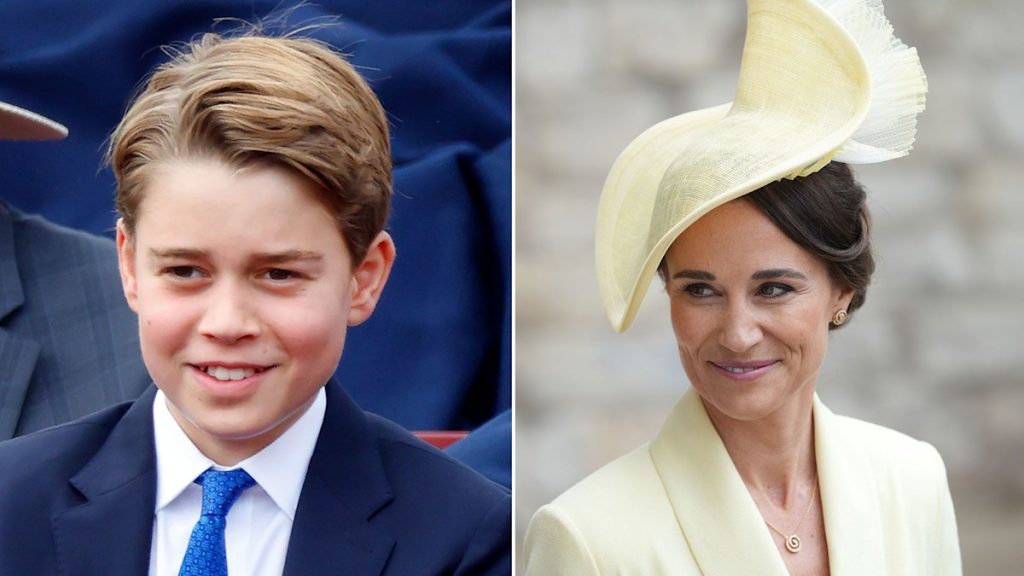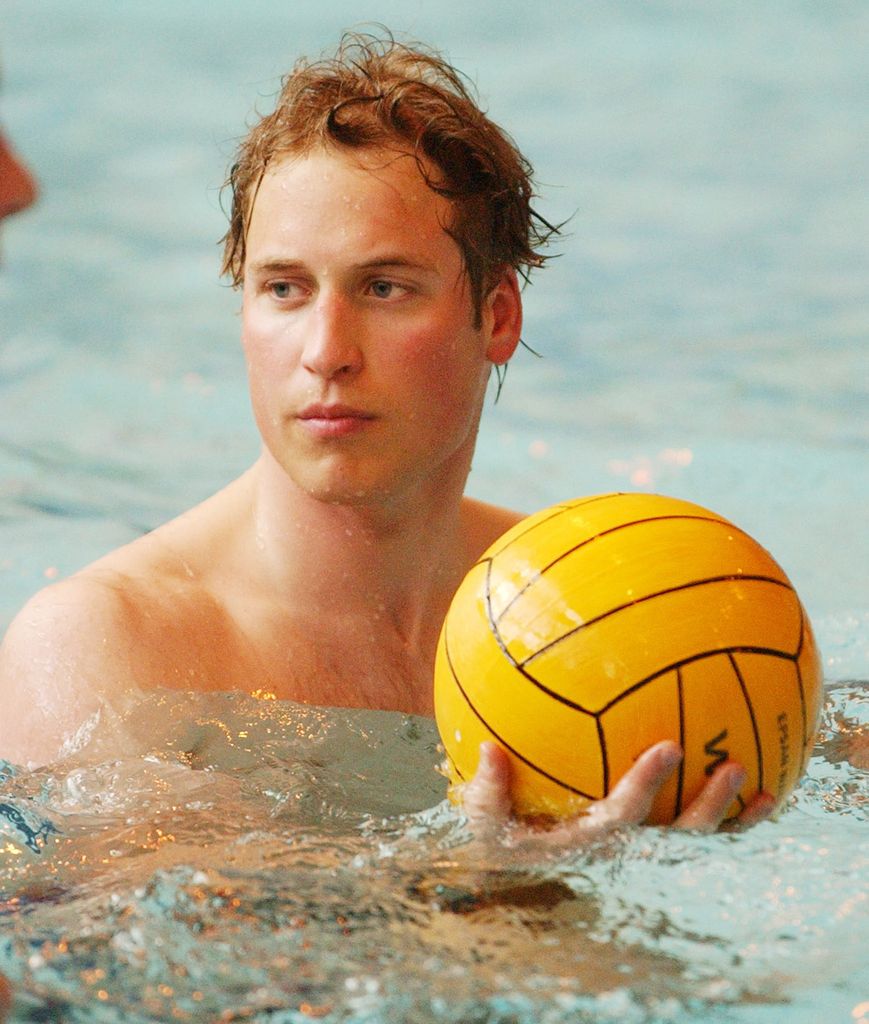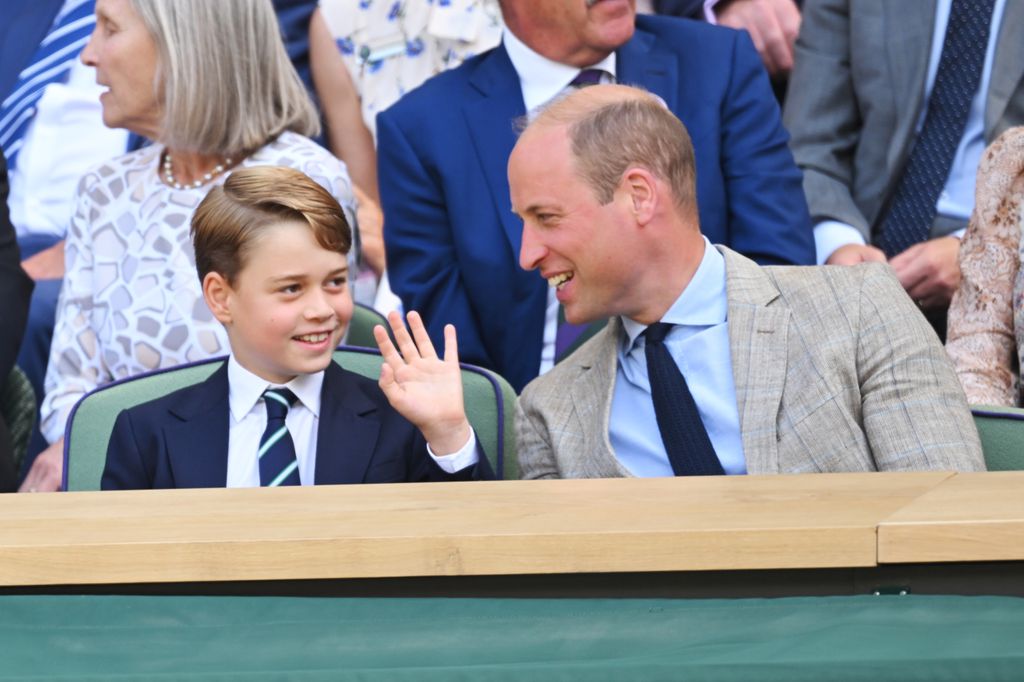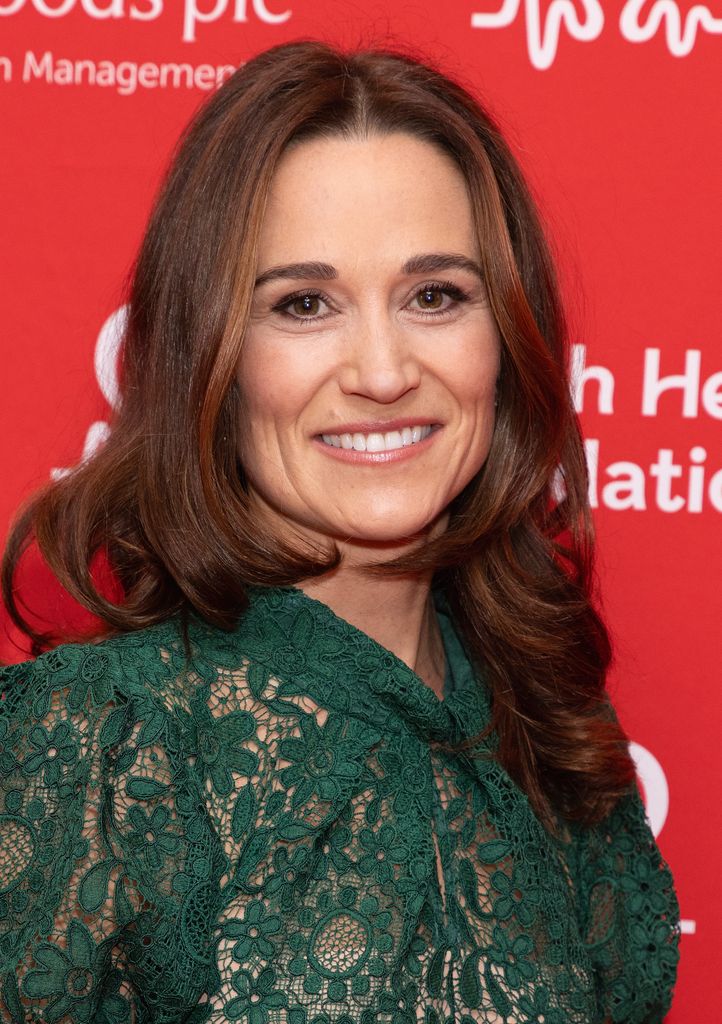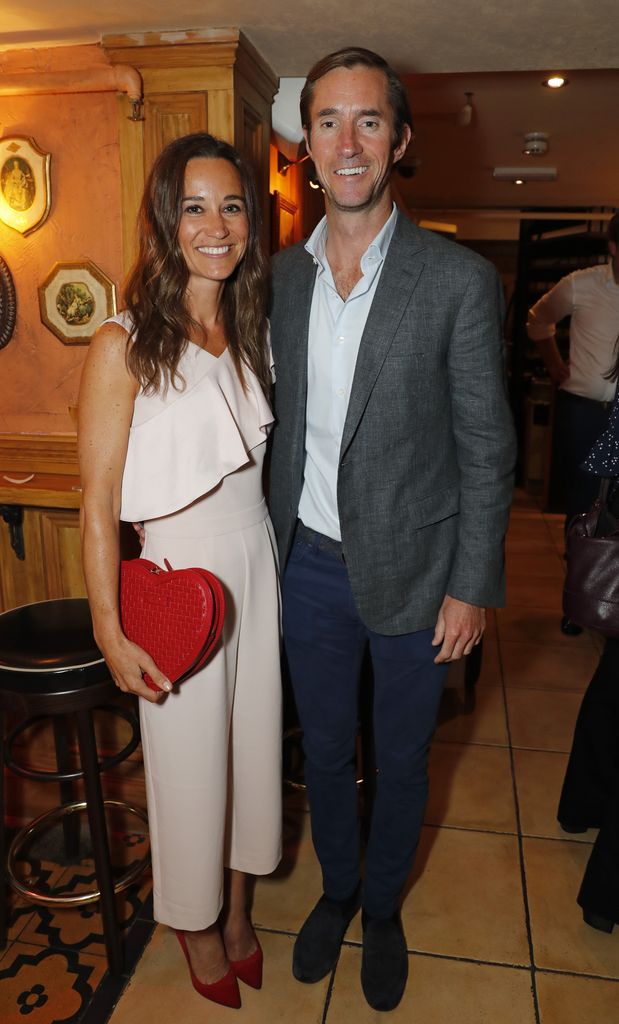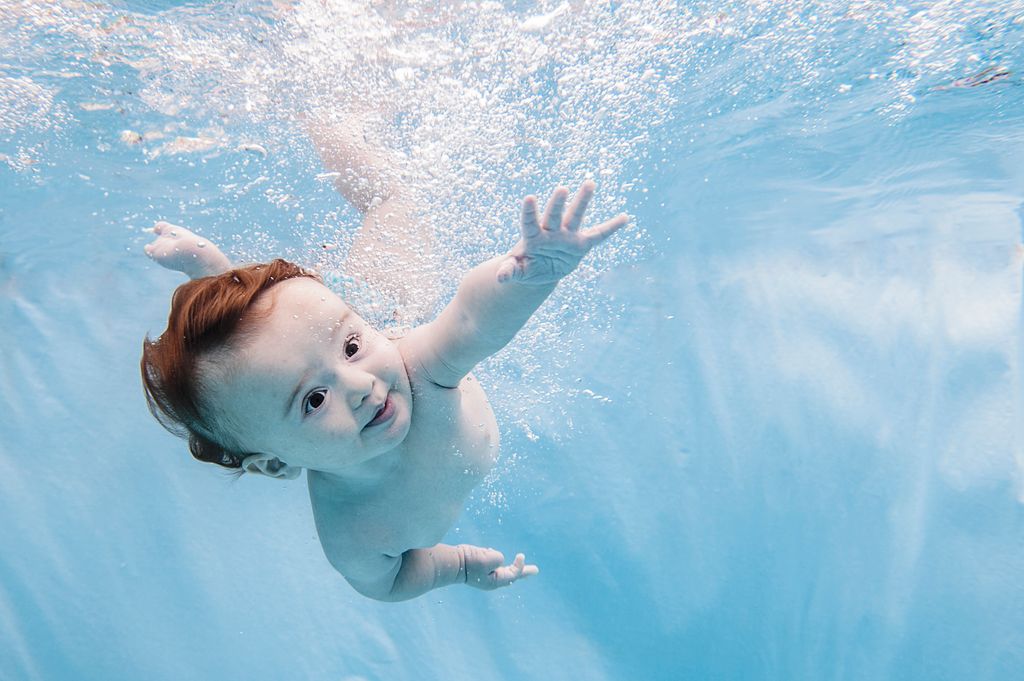It is all celebrations within the Middleton circle of relatives because the Princess of Wales’ nephew, Arthur, became seven on 15 October. The son of Kate’s sister, Pippa Middleton, and her husband James Matthews will certainly experience celebrations with the ones closest to him, and to mark his special occasion, we are having a look on the tot’s passion, which he has been finessing from an early age. Writing for Waitrose mag in a while after Arthur’s start on 15 October 2018, his mom, Pippa, 40, published the game she offered Arthur to from a tender age.
“Beginning my son Arthur swimming at 4 months previous has given him self assurance and delight in water,” cookbook creator Pippa penned in 2019. “He is now six months previous, and swimming is one in all our favorite actions. The workout is helping ensure sound daylight sleeps and the motion has advanced his digestion.”
Now not handiest is swimming getting the seal of approval from Arthur’s mom, however his aunt and uncle, William and Kate, worth this job, no longer handiest from a wearing point of view, but in addition to verify kids far and wide the rustic are protected round water.
Prince William’s pastime for swimming
In September 2025, the royal couple’s Royal Basis teamed up with British Olympic swimmer Tom Dean’s swimming college to release learn-to-swim categories, that have already been equipped for over 200 kids in underserved spaces.
Thru reporting on William and Kate for 2 years at HELLO!, I’ve realized in regards to the prince’s pastime for swimming as the consumer of the English Faculties’ Swimming Affiliation. Now, he encourages his 3 kids, Prince George, Princess Charlotte, and Prince Louis, to dive in.
“George loves scuba diving,” William published throughout a gathering with Olympic champion swimmer Adam Peaty and Tom Dean in 2024. “He is 11 years previous. We took him underneath, considering he would freak out. He completely loves it. It is simply introducing him to the arena of water.”
A parenting knowledgeable’s verdict
All in all, Pippa’s son Arthur is getting a large thumbs up for his early access to swimming. Award-winning HCPC-registered senior instructional and kid psychologist Dr Sasha Corridor explains why beginning early is a smart parenting resolution.
“I might say that early shared reports like swimming in combination may also be developmentally wealthy in different techniques [starting with] safety and self assurance in a brand new sensory surroundings. Heat water, mild motion and constant bodily reinforce from a caregiver lend a hand young children really feel protected whilst encountering new attractions, sounds and sensations,” she says. “Feeling safe on this approach strengthens their sense of believe and interest, key construction blocks for self assurance afterward.
“Swimming gives uninterrupted one-to-one time the place the father or mother or carer’s consideration is absolutely at the kid. Eye touch, mild contact, and shared rhythms within the water all beef up the father or mother–kid bond, which helps emotional well-being and resilience,” she continues.
What advantages does swimming have for young children?
“Following easy cues (‘kick’, ‘go with the flow’, ‘cling on’) provides young children apply in consideration and responding to steerage,” she provides. “The converting sensations of water additionally invite them to evolve, creating the early govt purposes that underpin center of attention and versatile considering within the preschool years.”
Dr Sasha additionally explains that swimming is helping kids to expand socially in the event that they swim with others, as they are able to apply turn-taking and uncover they are able to go with the flow or kick, construction a way of competence and self-efficacy.
“General, the analysis means that beginning swimming in infancy, when executed safely and in a playful, responsive approach, can nurture a kid’s motor and cognitive enlargement, but in addition their emotional self assurance and bond with their caregiver,” she concludes. “It is a beautiful instance of ways on a regular basis interactions can gently reinforce the rules for finding out and well-being.”
